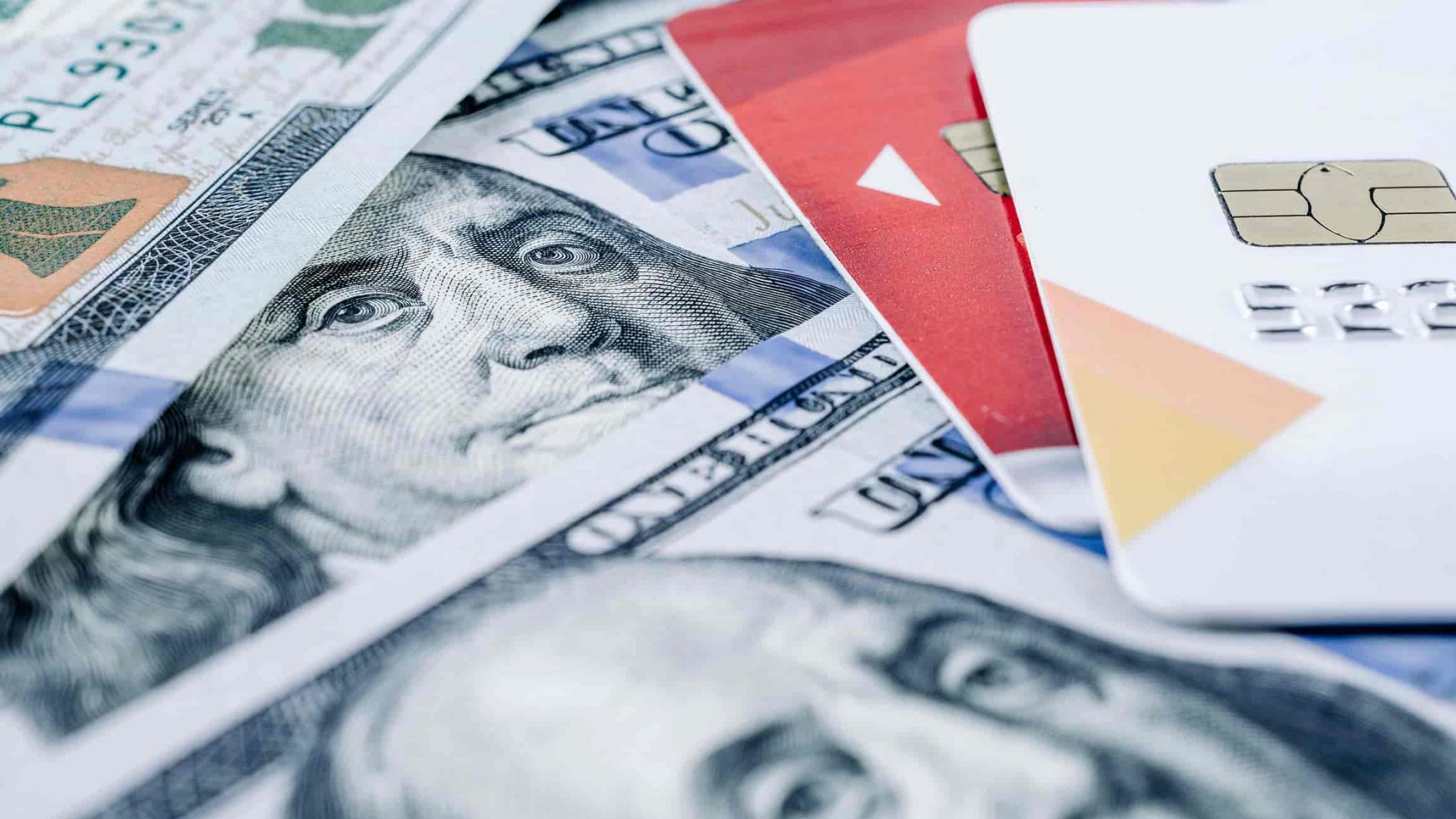A Tale of Two Payment Methods
In the realm of financial transactions, two highly prevalent payment methods often come into the spotlight: forex cards and debit cards. Each carries its own distinct characteristics, offering tailored advantages for specific travel and financial needs. As you traverse the globe or manage your daily expenses, understanding the differences between forex cards and debit cards can empower you to optimize your financial strategies.

Image: fxlearnpro.com
Forex cards, also known as currency cards, are designed specifically for international travel. They allow you to store and manage multiple currencies, alleviating the need to carry multiple wallets of physical cash. Debit cards, on the other hand, are issued by banks or credit unions and linked to your checking account. They facilitate convenient everyday purchases and cash withdrawals, both locally and internationally.
Diving into the Distinctions
1. Currency Compatibility: Forex cards are preloaded with multiple currencies, typically those of popular travel destinations. This eliminates the hassle and potential losses associated with exchanging currency at physical bureaus or ATMs abroad. Debit cards, in contrast, are typically linked to a single currency, requiring conversions when used in foreign countries.
2. Exchange Rates: Forex cards offer competitive exchange rates, often better than those offered by banks or money changers. Debit cards, however, may incur additional fees for currency conversions, impacting the overall cost of your transactions.
3. Accessibility and Usage: Forex cards are widely accepted at merchants and ATMs globally, providing flexibility and convenience. Debit cards, while accepted in many places, may have limited acceptance in certain countries or remote areas.
4. Security and Risk Management: Forex cards come with built-in security features, such as chip-and-PIN technology and fraud protection. Debit cards also offer security measures but may be more vulnerable to unauthorized transactions if the associated PIN is compromised.
5. Fees and Charges: Forex cards may charge fees for ATM withdrawals, currency conversions, and balance enquiries. Debit cards, depending on the issuing bank and transaction type, may also incur fees such as foreign transaction fees and overdraft charges.
Navigating the Modern Landscape
The fintech industry is constantly evolving, bringing forth innovative features and improvements to both forex cards and debit cards. Some forex cards now offer mobile apps for convenient currency management and real-time rate tracking. Debit cards are integrating contactless payment technologies, smartphone compatibility, and personalized rewards programs to enhance user experience and convenience.
Expert Tips and Informed Advice
1. Choose the Right Card for Your Needs: Consider your primary travel and financial requirements before selecting a card. If you frequently travel internationally, a forex card with multiple currencies and favorable exchange rates may be your ideal choice. For everyday domestic expenses, a debit card linked to your checking account provides convenience.
2. Manage Your Forex Card Wisely: Load your forex card with the currencies you need and monitor your balance regularly to avoid unnecessary conversion fees. Inform your bank of your travel plans to prevent card blocking due to unusual activity.

Image: blog.thomascook.in
FAQs for Enhanced Understanding
A: Yes, forex cards can be used for purchases and cash withdrawals like debit cards. However, they may be subject to different fees and exchange rates.
A: Forex cards generally offer robust security features. However, always exercise caution when using your card abroad and report any suspicious activity promptly.
A: Yes, you can withdraw cash from ATMs abroad using a debit card. However, be aware of any international ATM fees or currency conversion charges.
Is Forex Card Differnet From Debut Card
Conclusion
Whether you’re an intrepid globetrotter or a prudent homebody, understanding the differences between forex cards and debit cards is paramount for optimizing your financial choices. By carefully considering your needs, exploring the latest trends, and heeding expert advice, you can harness the power of these payment methods to enhance your financial well-being and elevate your travel experiences.
As a dedicated advocate for financial literacy, I invite you to engage further with this topic. Share your thoughts, ask questions, and let’s collectively broaden our knowledge in this dynamic financial arena. Your valuable insights and experiences contribute to our shared quest for financial excellence.






